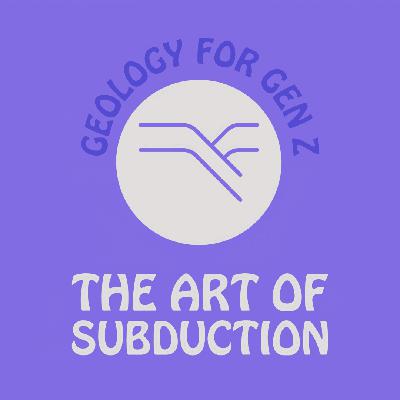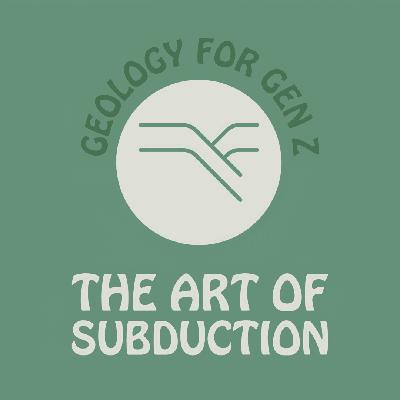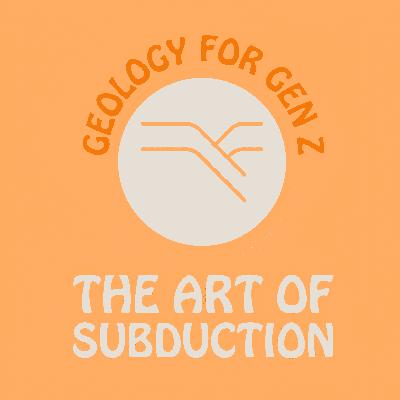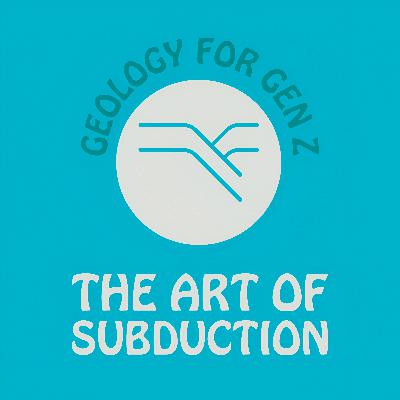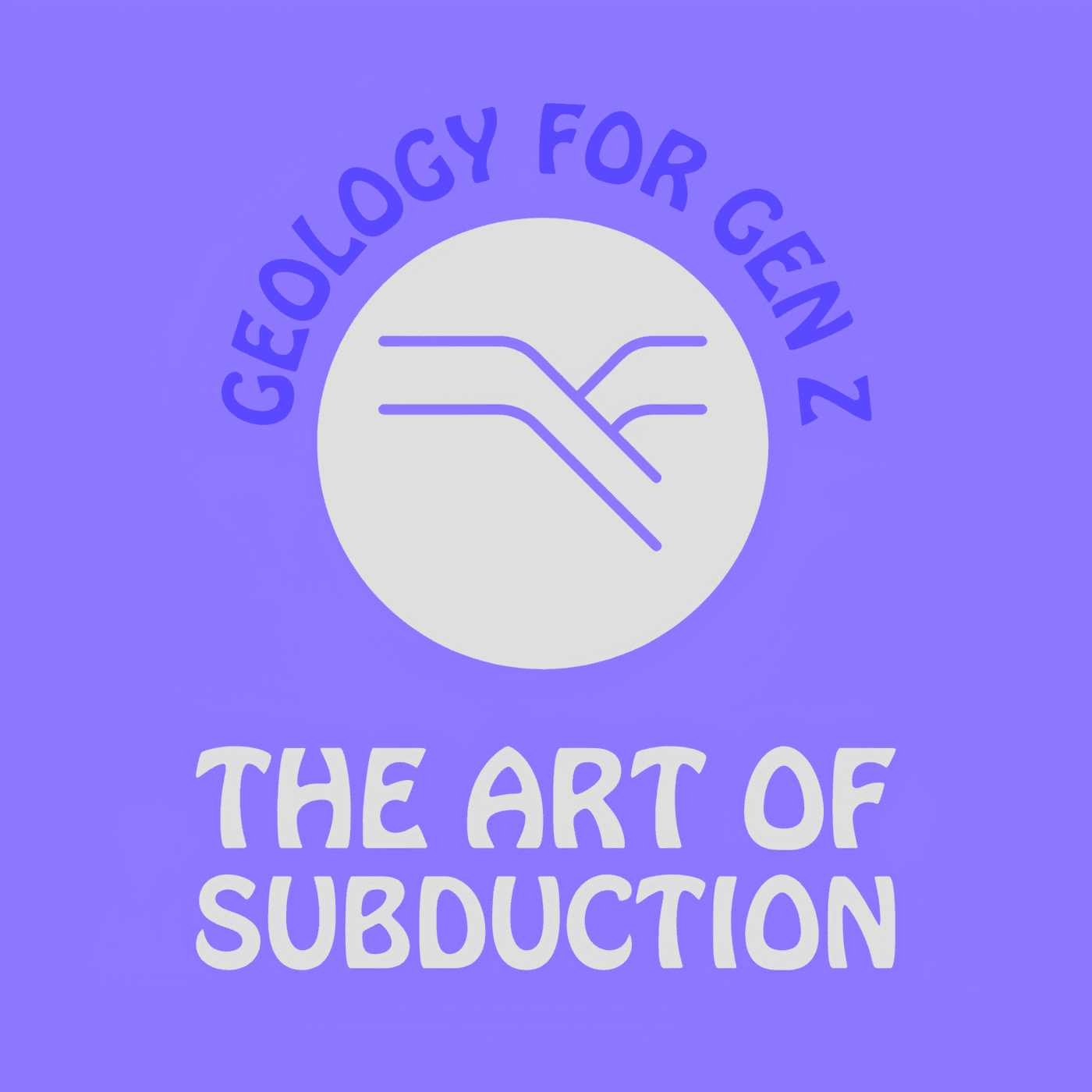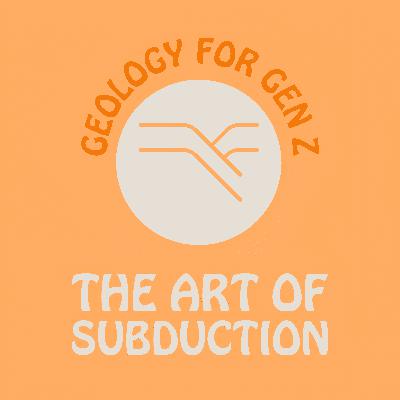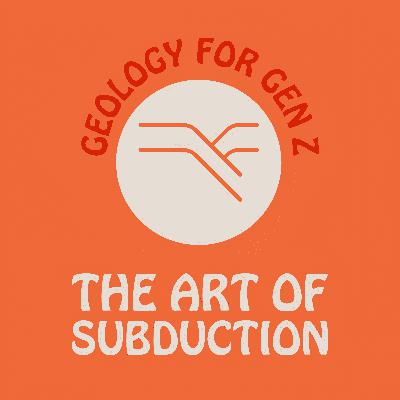Yale, UT, and Everything in Between: Maoli Vizcaíno on Building a Career in Earth Science
Description
What really goes into choosing a graduate program in the geosciences? In this episode, Yale PhD candidate Maoli Vizcaíno offers an honest look at the decisions that shape an academic career: from navigating funding and institutional support to choosing between a master’s and a PhD.
——————
Did you like this podcast? Leave us a rating and review! Follow us on Spotify, Apple Music, or wherever else you get podcasts.
Got a lava questions or want to be featured next? Email me at dgaur@utexas.edu
——————
Transcript
Choosing Between UT Austin and Yale
[00:36:33 ] Diya Gaur: So what made you choose between like, okay, well, what were the things that you were considering when you had to pick between UT, Austin, and Yale? Like, what were the maybe different things in terms of, you know, academics or resources? What exactly drew you to Yale over UT?
[00:36:48 ] Maoli Vizcaíno: Yeah, so, um I think it was, it was a couple things.
Uh, both were by my family. So it was by my dad and it was by my sister. So I was like, great. UT, uh, the professor, he, um, had a project that I could go in. For the first couple of years. And that was really attractive to me because I had never come up with my own research project before yet. So I was like, that'll be great to like, have something that I know I'm doing while I'm, you know, getting everything settled and like starting this program, you know, versus at Yale, I knew I'd have to come in and figure it out.
[00:37:24 ] : And that was
[00:37:25 ] Maoli Vizcaíno: intimidating to me. Um, but I, you know, I felt both, both professors who I was looking at were people who like, I had heard a lot about from, you know, other people and like, you know, I think it's always important to like. Oh, and as a side note too, like, unsolicited advice you didn't ask me, but I will say if, you know, you are interested in going in, I would definitely, if you haven't already, like, think about where you would be able to do research.
I think that if someone wants to do geology, like, undergrad research is, like, extremely important. I think more And then in other fields where it's kind of a given that you're not like gonna always be like, have done biology research or like, if you're pre pre med or whatever, because it's like, why, you know, lots of dangerous things going on.
I don't, I don't know. I don't know anything about pre med, but for geology, I think, you know, you know, thinking about where, where schools, you will be able to like, talk to professors, gain a real relationship with a couple of them, like work in their labs for real, for real. Like, I think that's a huge, huge thing.
Like, something you should think about. For sure. But yeah, so research wise, that was it. Um, I ended up choosing Yale, um, because, um, one, is I knew that I was going to be coming in with another student. So I knew that my, um, the professor, my professor here at Yale, she was also recruiting another student, so there were two of us.
And so, um. I talked to her and she was like, I'm probably gonna go. She was actually also choosing between UT and Yale. Oh wow, interesting. She was looking at biology at UT and then obviously, but yeah. So then she was like, I think I'm going to go Yale. And I was like, okay, if I go to Yale, I'll be going with someone.
And I love having a buddy, like I love commiserating. And I was like, pretty sure I would be the only student coming into the other lab. And then, um, UT. UT really did me dirty. So I did liberal arts undergrad, but I also did a master's. I remember they were like, um, you don't have the correct prereqs from undergrad for the program.
So you'd have to take an extra class to fulfill those prereqs. And the professor I was applying with, he was like, she has a master's degree, like, who cares if she missed one science class in undergrad, like, you don't have the pre reqs. So that was another thing that was kind of like, I was like, okay, so I'm going to have to, if I go to UT, I'm going to have to take an extra class, undergrad, like, come on, that was so long ago.
So that was a bummer. And then also in the end, like Yale, like money, honestly, they offered me so much money, like so much. Right. And I think that's a huge thing. That's, I think there are so many amazing, like, public schools, state schools, et cetera, but private schools have levels of resources, and I feel like, in my experience, with less red tape, um, obviously everything's a bureaucratic mess, but it's like so much Easier, I, again, in my experience, to like just have funding for stuff like I did for undergrad and then public school for my master's.
And then at Stanford, going and then seeing again, like, cause I had forgotten after two years what private school was like, seeing it happen again. I was like, right, like, this is huge. I'm going to be born for six years. Like, I want money. So yeah, so that was it. It was like having a buddy, being close to my sister.
And the money.
[00:40:40 ] Diya Gaur: So does Yale fund the research that you do or is it like other organizations that are kind of like, you know, funding your projects and, you know, so on?
[00:40:49 ] Maoli Vizcaíno: Um, so Yale does do a stipend for all of the, um, GSAS, Graduate School of Arts and Sciences. So if you're in the professional schools, like the law school, the business school, nursing school, you're paying.
PhD vs Master's Programs: Funding and Stipends
[00:41:00 ] Maoli Vizcaíno: Um, but for the PhD programs and the mass and the master's programs that are not, That are not professional schools. Actually, don't quote me on the master's schools. I don't know about that. The master's programs. The PhD programs, you get paid. Um, so we get a stipend. It's like a regular salary. Like, I get a check times a year.
Actually, a year. Oh my god. Two times a month. Um. Yeah, and we just unionized, like, last year, I think, so the stipends have all increased, so we're making, like, 49, 000 a year.
[00:41:30 ] Diya Gaur: Oh, okay, so that's pretty good, yeah. Yes, it is,
[00:41:34 ] Maoli Vizcaíno: especially with, like, what it used to be, and even still, like, we were always making the higher end as STEM students, like, the humanities students were making, like, almost, like, 10k lower than us before the union, so that was, like, crazy.
But yeah, so they pay us, and then you can get cut, like, extra money, kind of, from like different fellowships and things. There is a cap, um, I think you can make like four thousand more dollars if you get like an external fellowship, like that's the amount extra, and then everything else like just goes to the school and like you get your accolades and everything, but there is kind of a level of like a, of a cap on how much like you can make.
I see. And we're not allowed to work, um, have other jobs, like we, um, I think it's. You can't have another job, but it can't be more than 10 hours a week. I see. Yeah, so it's like I teach high schoolers after school. Oh, that's sweet. Yeah, it's like an after school program.
Balancing Outreach and Graduate Studies
[00:42:30 ] Maoli Vizcaíno: And that's another thing too, you mentioned like outreach before, and I will say that is something that I feel like is a lot easier as a grad student than an undergrad.
You really are so busy in undergrad, like with all the homework and all the clubs and like you're trying to get, you're trying to get everything together, you know what I mean? And in grad school, it's like, obviously you are still like really busy, um, and lots going on, but it's all like the same thing, you know, it's like.
And like, once you get a handle on that, then it's like, you start feeling like, I'm saying you, me. You know, I mean, I came in knowing that that's something I wanted to do. And then the first two years, I was like, Oh my God,
[00:43:05 ] : like, you know,
[00:43:06 ] Maoli Vizcaíno: my third year, I started going back to like, you know, the things I wanted to do, like, we have the museum here and I knew I wanted to work with them and do outreach with kids and stuff.
And I've really not really kind of settled into that now in my fourth year. So it took a bit, but I, you know, I was like, this is something I knew I wanted to do. And I was like, I don't want to get lost in like, you know, like the research of it all. And, you know, and like, that's cool, but you know, it's, it's not, it's kind of, it can get kind of soulless, you know.
[00:43:33 ] Diya Gaur: No, yeah, like, for sure. Go ahead. Sorry, go ahead. No, actually,
[00:43:35 ] Maoli Vizcaíno: I don't, I didn't have anything else to say on that. No,
Differences Between Master's and PhD Programs
[00:43:38 ] Diya Gaur: yeah, I was just gonna ask, so what are, like, the key differences in the master's versus PhD programs in your experience, like, specifically for geology, you know? I mean, I know you mentioned funding is one thing, but is there anything different, like, curriculum wise or just, like, research wise, like, any limitations?
[00:43:56 ] Maoli Vizcaíno: Yeah, I'd say, and in very general strokes, I'd say the So the master's will be, you know, two years. And I'd say often you'll get, like, I was paid for my master's coming in. I came in on a grant to do a specific thing that my advisor had come up with, do that for two years. And at the same time, I'm taking classes.
And then like your last year, you're like not really taking classes and you're like doing more writing and you write your, your thesis, um, and like completing this research project. So I'd say the master's, it's a lot more like, you know what you're doing. You come in, like, Th

